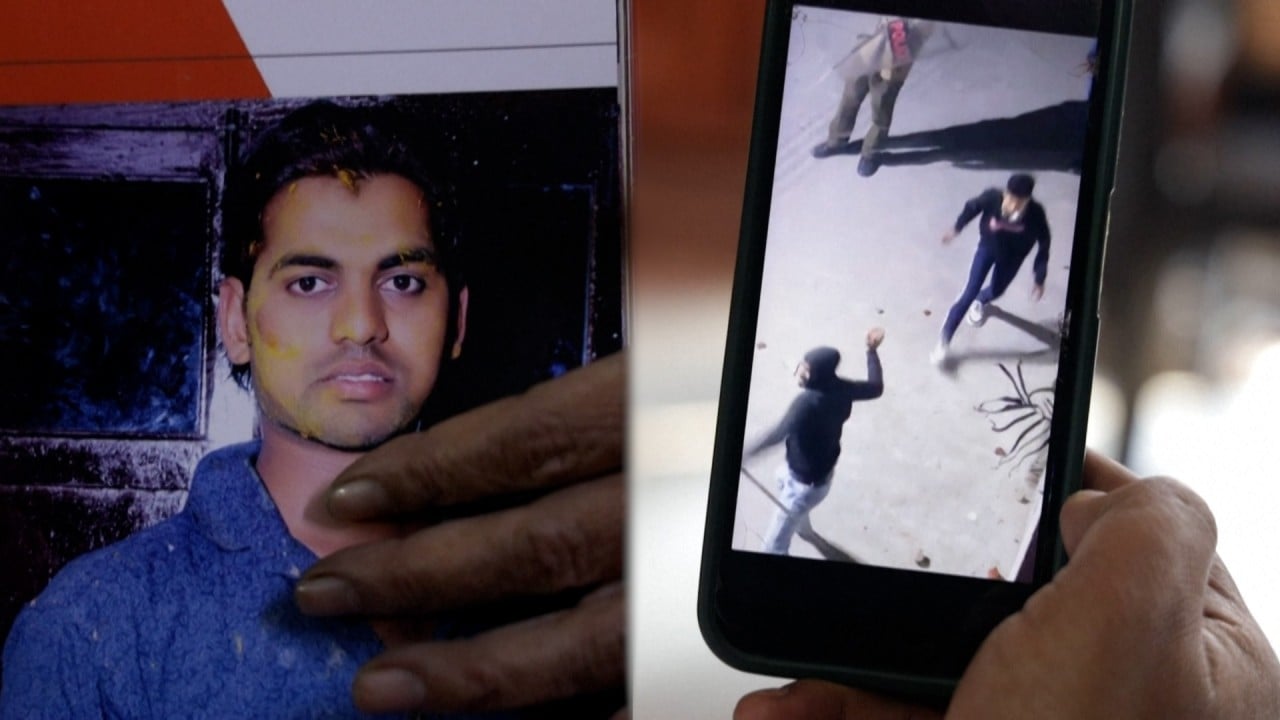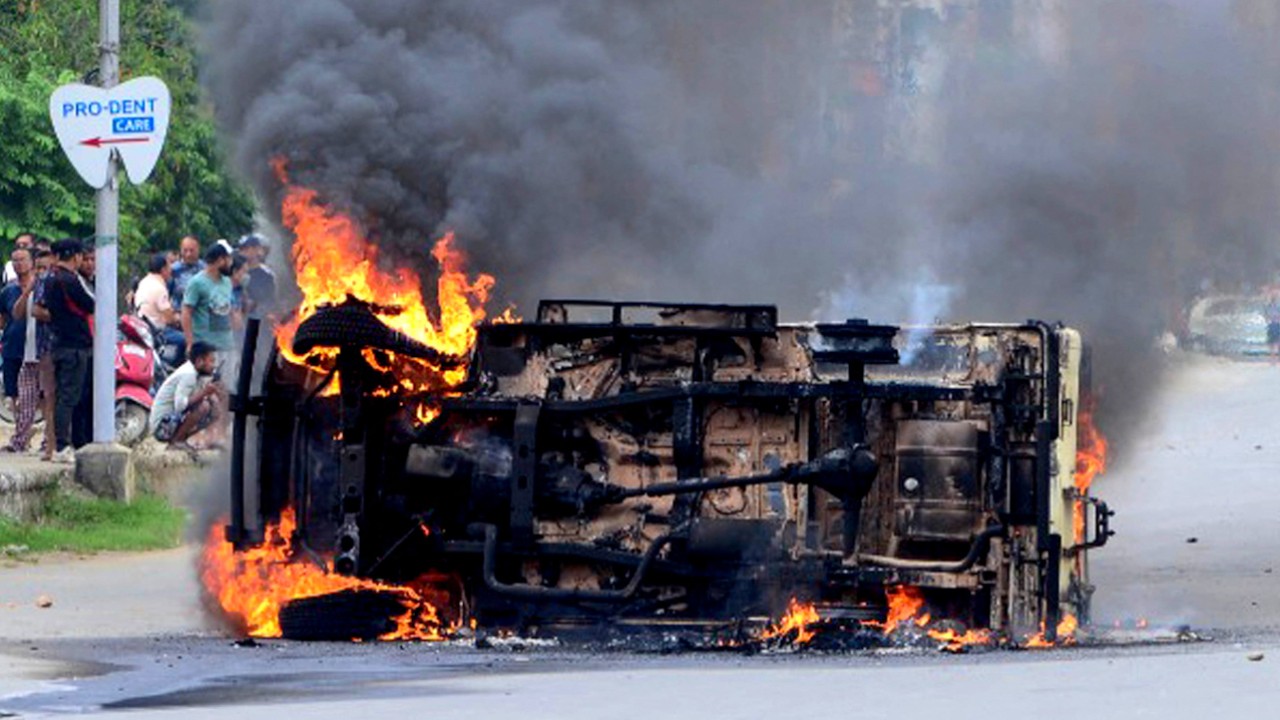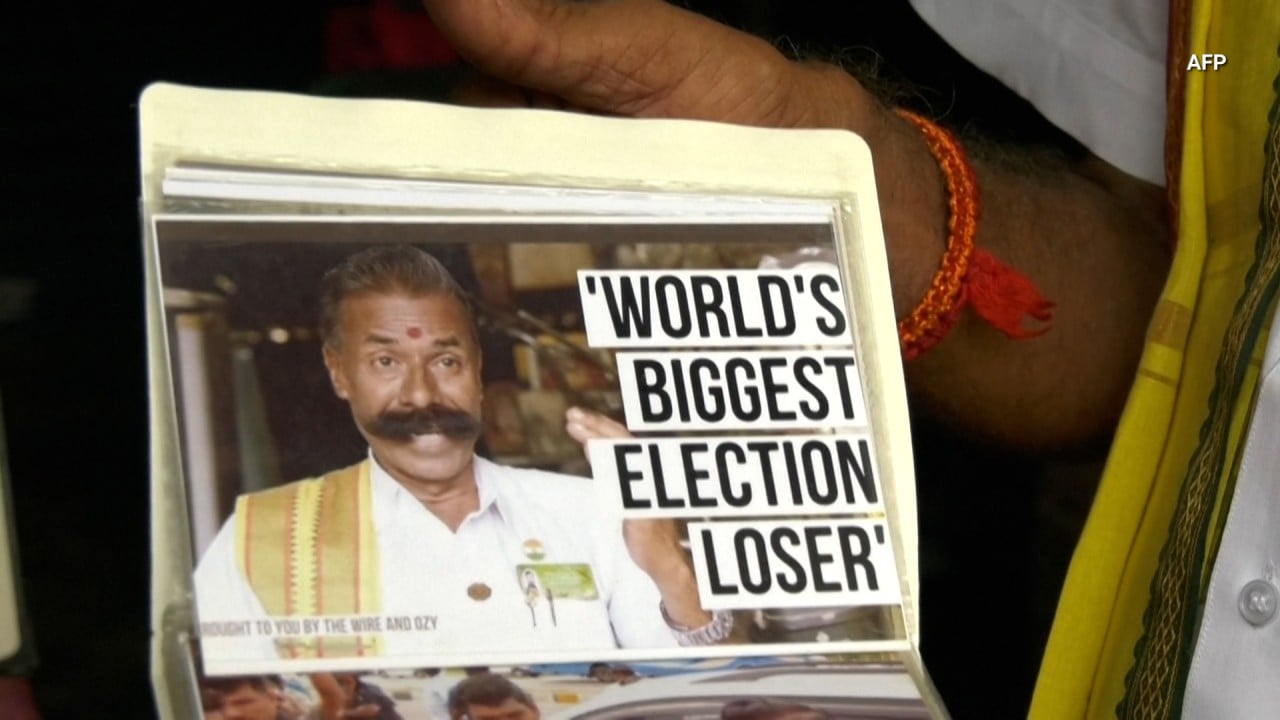
Modi’s return to power would not mean the death of Indian democracy
- There are real concerns, from the BJP’s Hindu nationalist rhetoric to media muzzling, but Modi’s likely re-election merely reflects his popularity
- This should be a wake-up call for how the West views India. The country’s democracy is imperfect but it is more robust than might initially be perceived.
While these developments are alarming, they also show that Indian democracy remains alive and kicking, such that the BJP does not have complete control over the narrative of Indian politics.
While these concerns are not unwarranted, it is also true that India maintains a vibrant media landscape, which includes vocal criticism of the government on social media and other platforms. This was evident from Modi’s recent interviews with several prominent journalists who challenged the government on everything from its economic achievements to its authoritarian tendencies.
All of this should be a wake-up call for how the West views India. Historically, the West touted India’s credentials as the world’s largest democracy as justification for deepening engagement with the country (as a bulwark against the rise of China). The preamble to almost every joint statement between India and a Western country points to their common democratic heritage as the basis for deepening cooperation.
However, India rarely employs its democratic credentials as an explicit tool of its foreign policy. India’ s relations with non- or weakly democratic regimes, from Iran and Russia to Myanmar and Bangladesh, has put New Delhi at odds with the West.
Modi’s rise to power and his likely re-election is not a sign of electoral manipulation but a reflection of his popularity, and the lack of a credible and unified opposition capable of challenging the government on some of its key policy failures.
At the same time, the cult of personality surrounding Modi is the BJP’s Achilles’ heel. There is no clear successor within his party unlike for most of India’s other political parties, which tend to be rooted in dynastic politics. The BJP recently quashed suggestions that the party has a “retire at 75” rule, which would have meant Modi stepping down in 2025.
Still, the party faces latent risks from the absence of clear second-tier leadership with Modi’s level of appeal. This creates the possibility that after Modi, India will return to the politics that existed in the country for over two decades before the BJP assumed power in 2014.
That was a time when the ruling party was more beholden to its partners in shaky coalition governments. While this is also a worry for the BJP in the current elections and may undermine the efficiency of policymaking, it also signals the robustness of India’s democracy.
However, democracy cannot be easily overturned in a country of India’s size and diversity with a long and indigenous tradition of dialogue, debate and disagreement. India is an imperfect democracy, but it will remain a democracy nonetheless.
Chietigj Bajpaee is a senior fellow for South Asia at Chatham House




